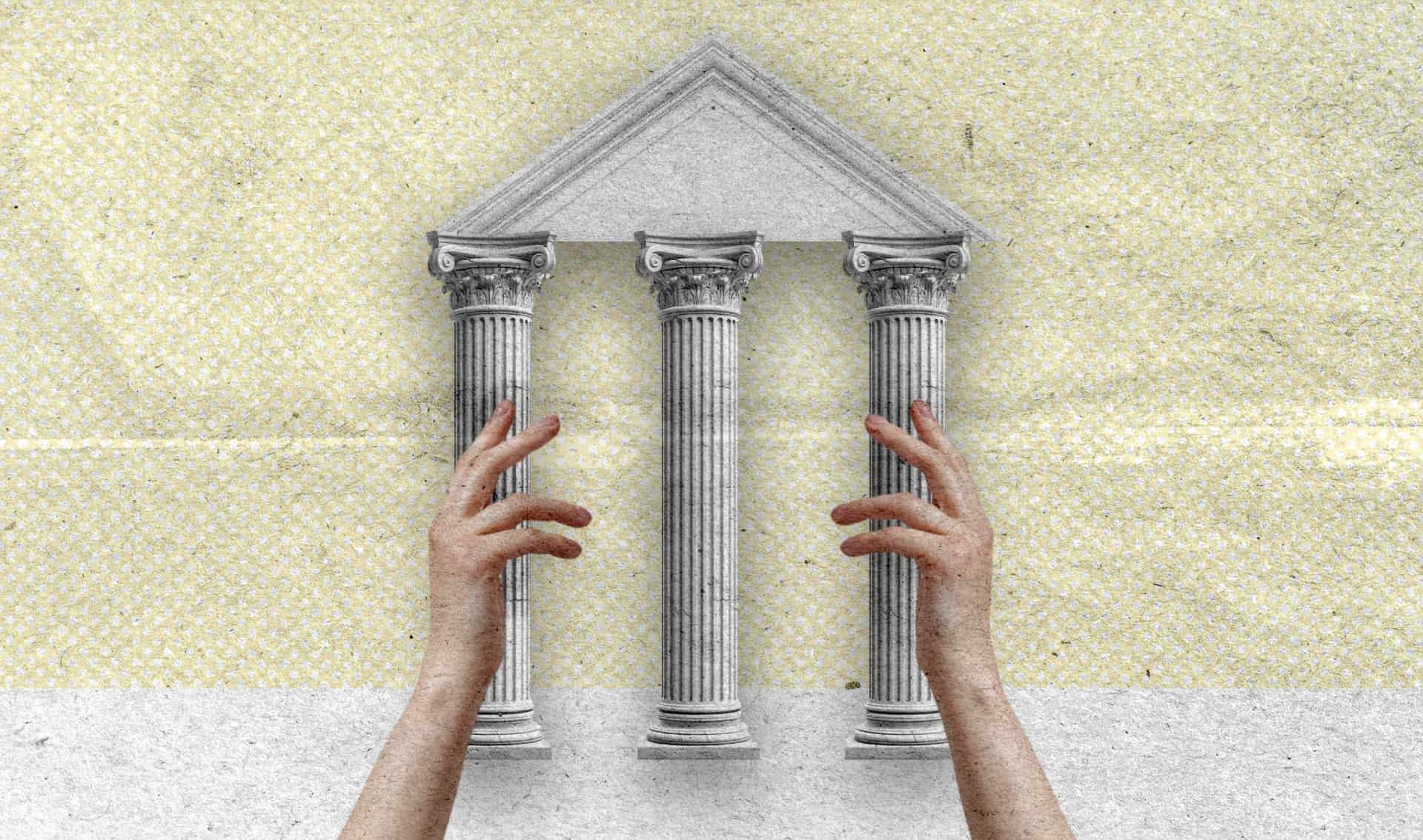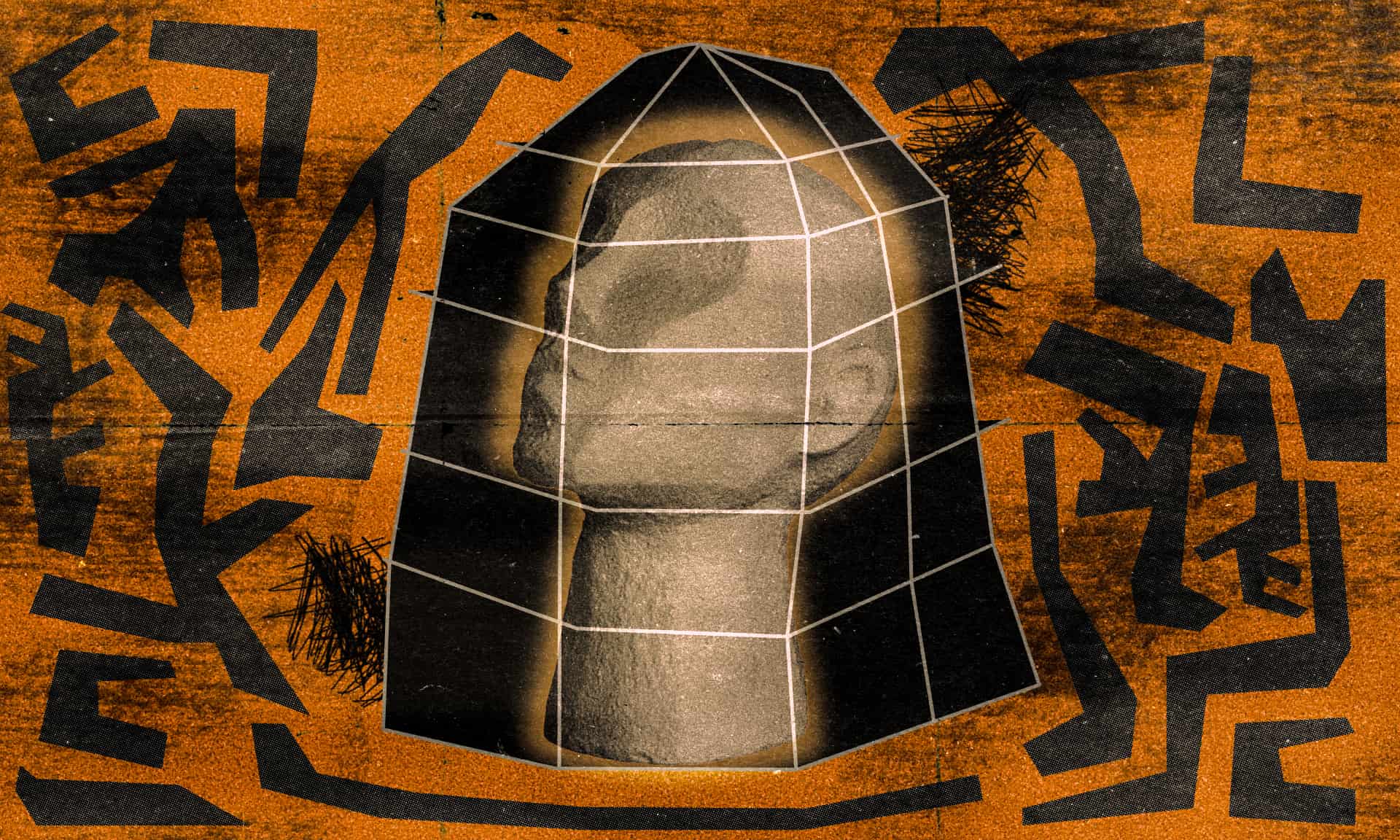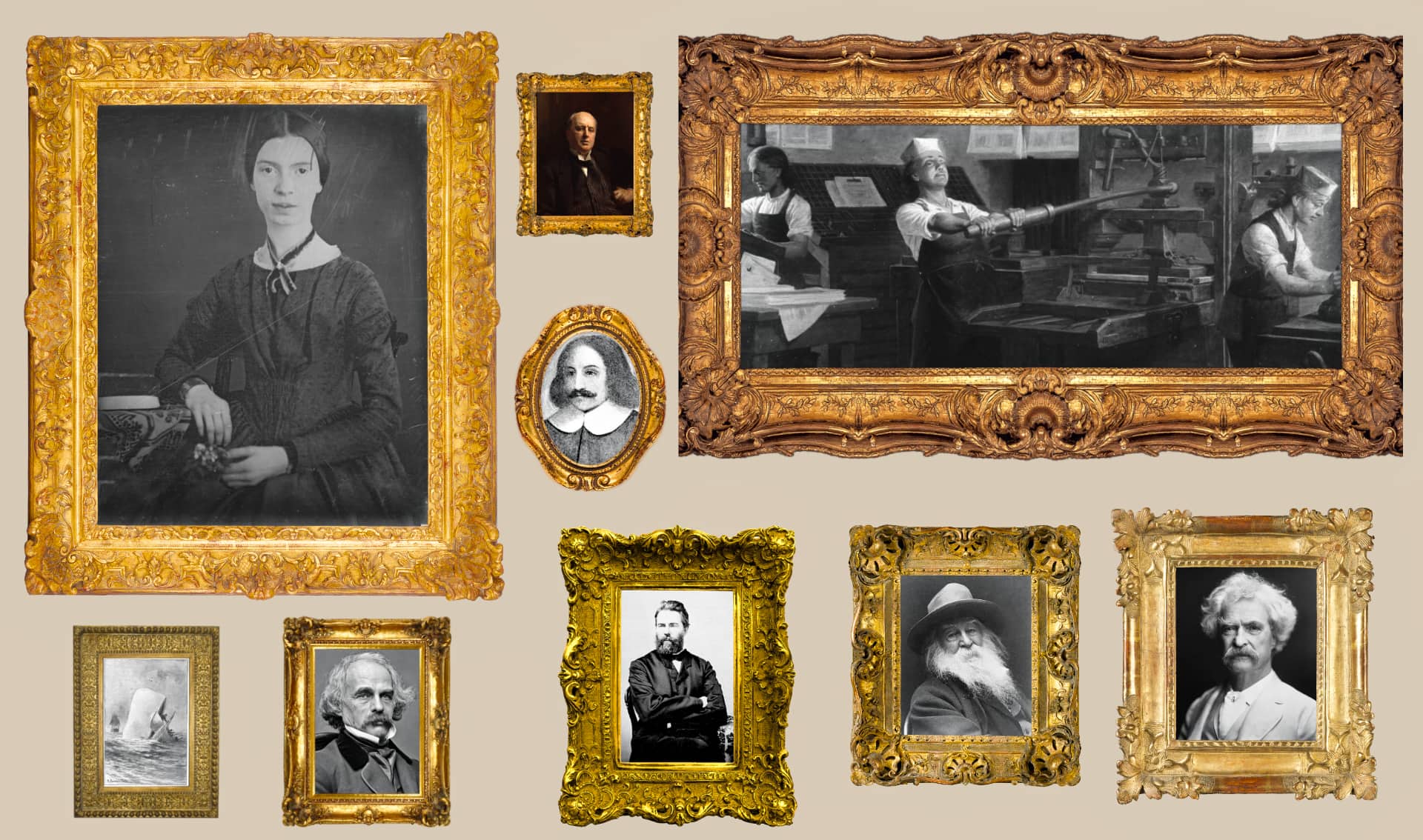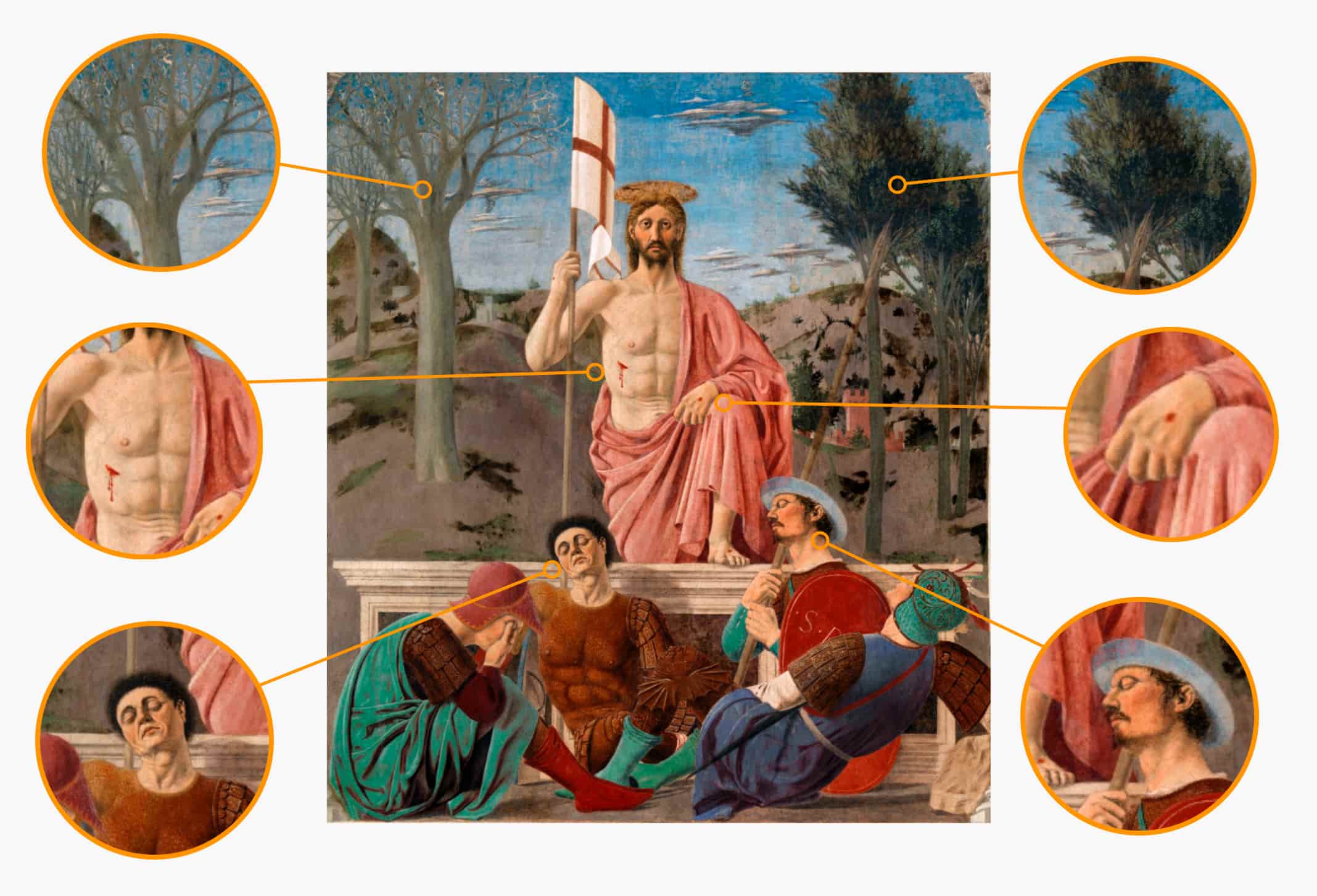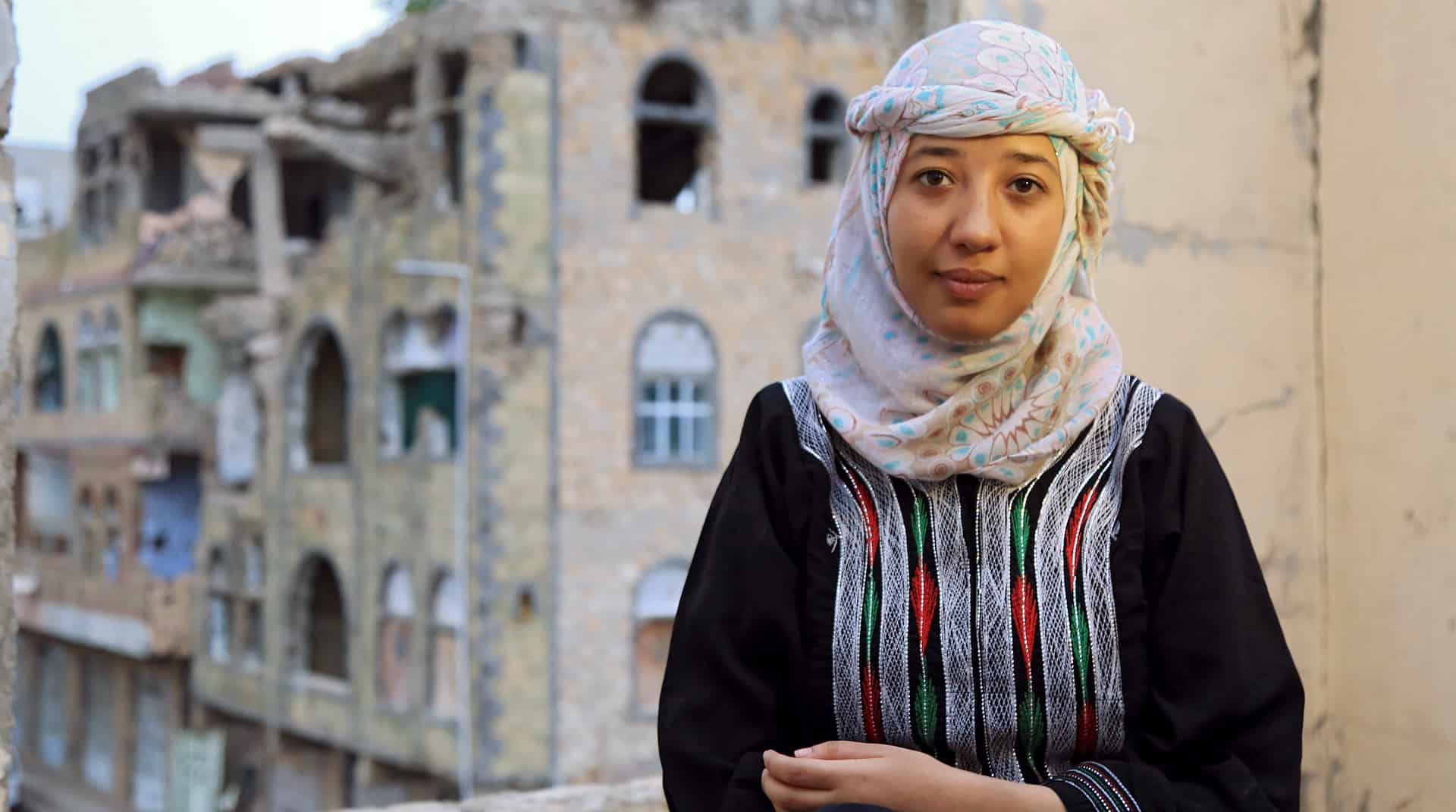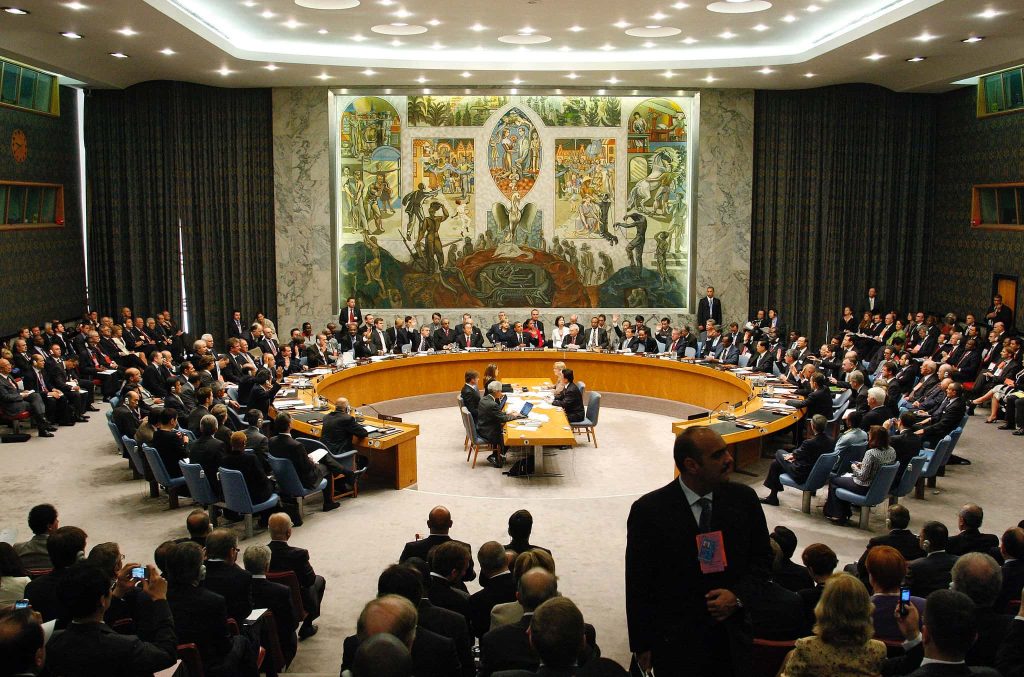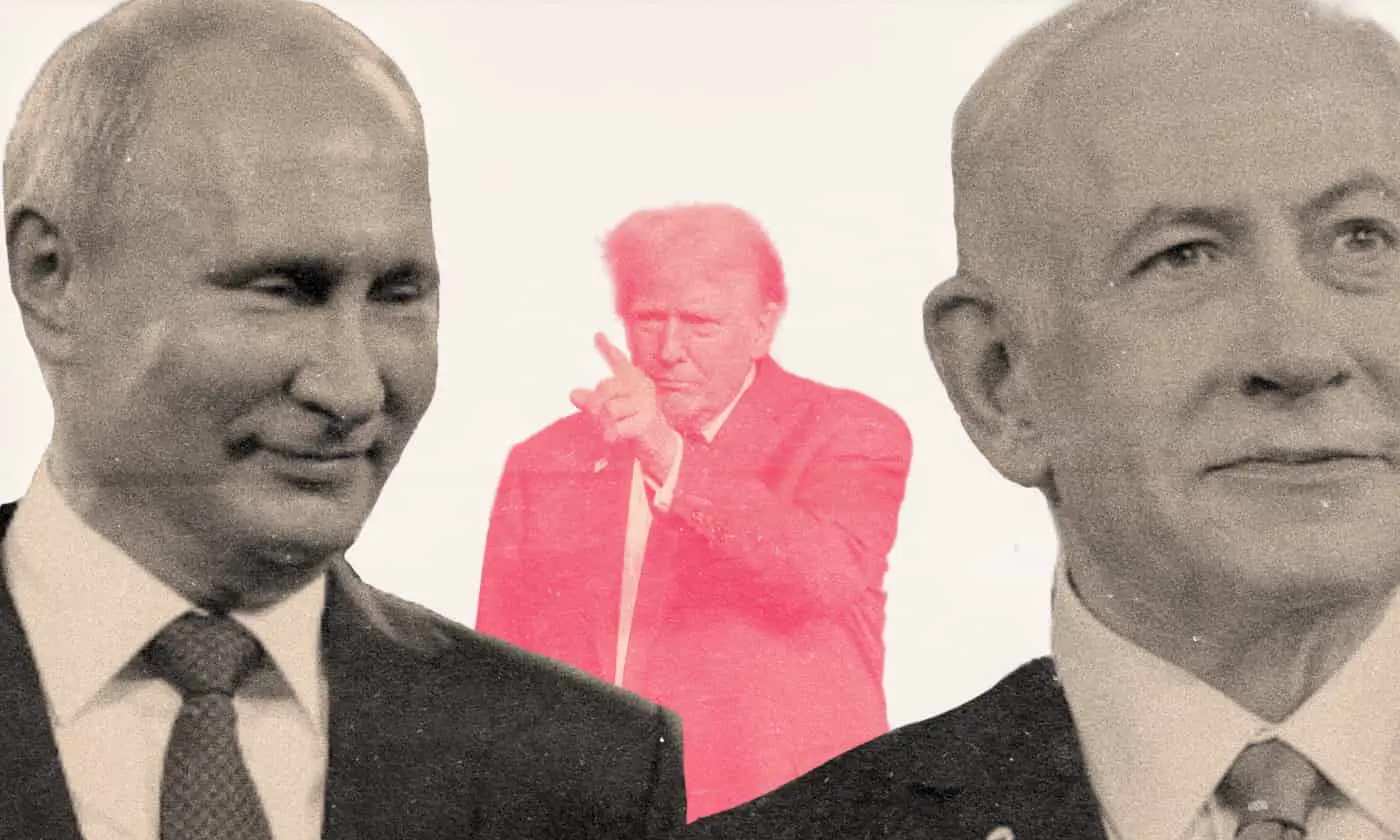 The bars are real. The sky is a lie.
The bars are real. The sky is a lie.
The systems that promised a clear sky now build the cages. Inside the UN's paralysis, democracy's decay and the psychology of looking away.
Editorial
Another UN General Assembly has come and gone, leaving behind a trail of hollow speeches and the stale air of impotence. The so-called peace plans floated for Gaza are ultimatums for surrender — blueprints for further apartheid, ethnic cleansing, land theft and genocide. The chasm between the language of our leaders and the reality on the ground has never felt wider, or more insulting.
This global failure is a symptom of a rot that begins at home. We turn the lens on our own systems, diagnosing the seven deadly sins that have hollowed out modern democracy from within. This internal corrosion is mirrored in the institutions that promised us global order. We explore whether international law has ever been more than a comforting illusion, easily discarded by the powerful, and look at the UN Security Council itself—an institution now paralysed by the very veto powers meant to be its guarantors.
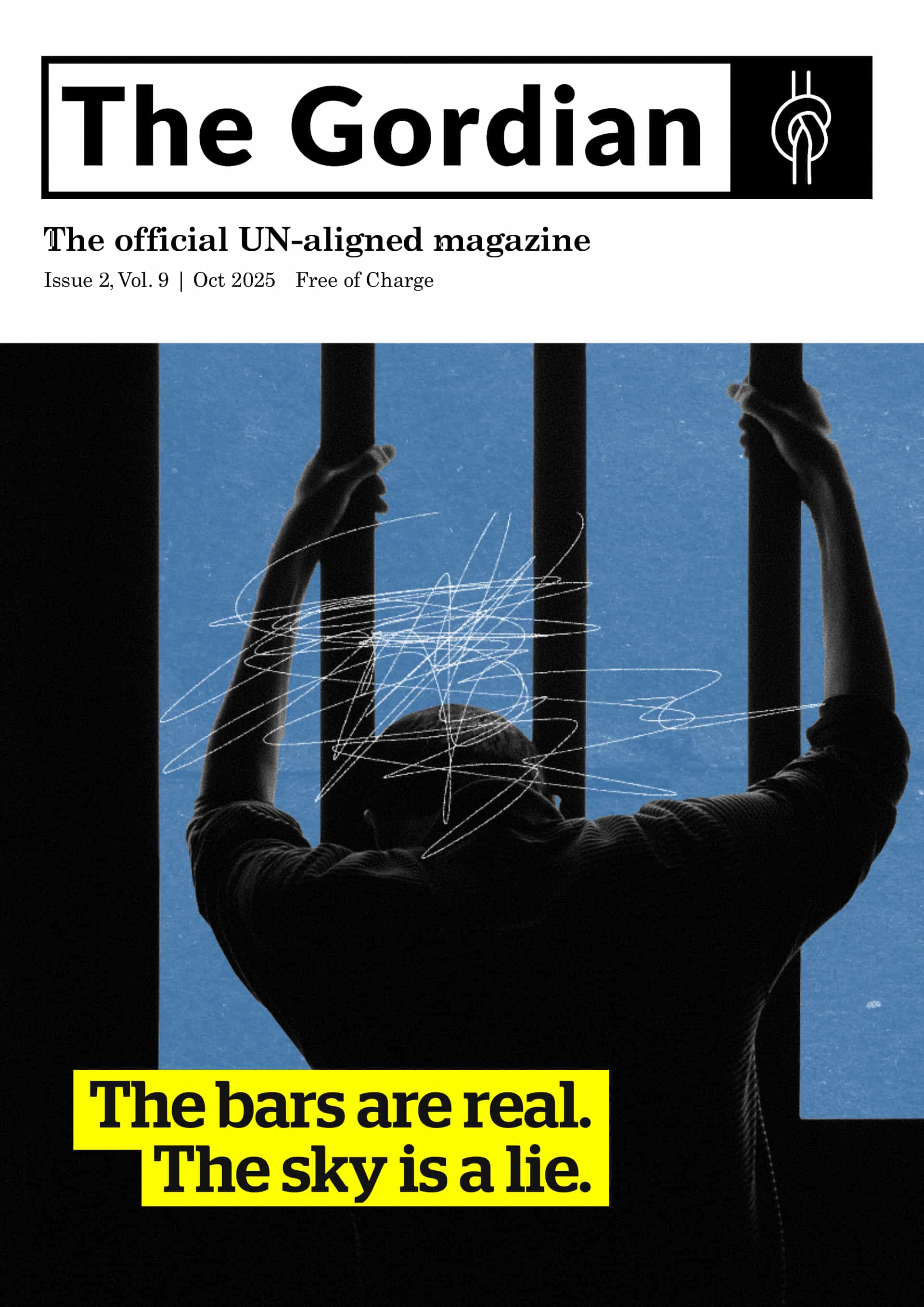
This institutional decay has a body count. For the Rohingya mothers in the world’s largest refugee camp, the escape from one genocide has become a slow-motion crisis of hunger and despair. For women in Yemen, the war’s true frontline is the delivery room and the bread line. Their suffering is amplified by a planet in revolt, as our report on the Earth’s great climate engines explains how these vast systems, made more volatile by climate change, are driving the droughts that turn scarcity into starvation across continents.
Faced with this scale of horror, the temptation is to retreat. We examine the psychology of choosing not to know—that quiet, pervasive complicity of looking away to preserve our own inner peace. It is a fragile peace, built on the suffering of others.
In our culture section, we continue our series on American life by exploring the forging of a new literary canon, a defiant search for an original voice against the weight of history. We also examine Piero della Francesca’s Resurrection, a painting whose quiet power once inspired a Second World War officer to defy his orders and save an entire town.
We hope you enjoy this issue of The Gordian. If you value our work please consider a small, regular donation. It helps us do more of what we do, and do it better.
Ariana Yekrangi
Editor of the Gordian and co-Founder of UN-aligned ry


